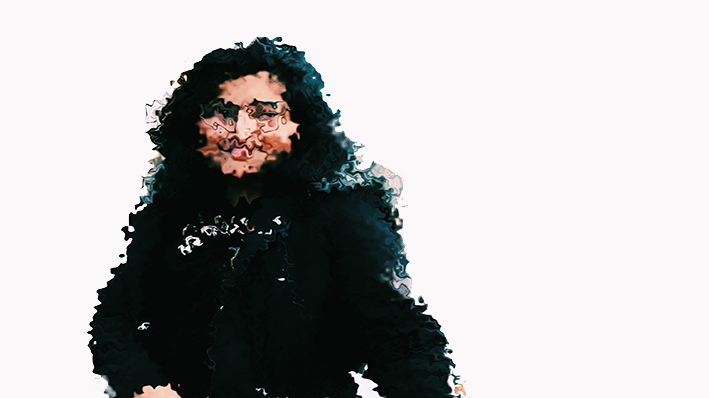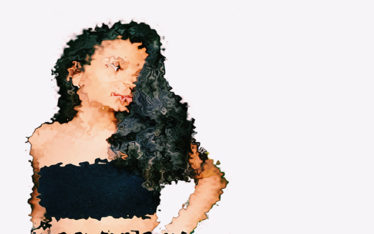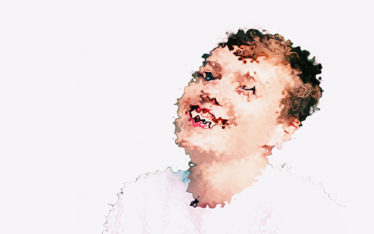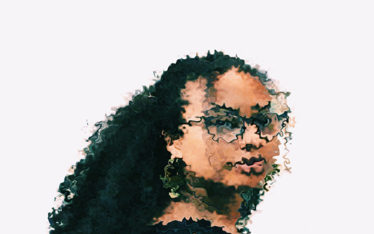
Maurtius, an island nation off the east coast of Africa, changed hands multiple times existing successively as a Portuguese, Dutch, French and British colony before finally gaining its independence in 1968.
At the beginning of the 20th century, Gandhi stopped over on the island for a couple of weeks and astutely encouraged the Indo-Mauritian community to become involved more in both education and local politics. Since that fortuitous visit, the people have pushed for a steady improvement of education for all.
Evelyn Zamora-Vargas reflects from her experience to examine on racism and diversity on the island today.
Where did you grow up?
Evelyn Zamora-Vargas: The country is a multicultural one with the majority being brown people whose ancestors came from the sub-continent. There is a minority of black, white and Chinese people.
Exposure to Cultural/ Ethnic Diversity?
The country is very diverse, and we observe public holidays celebrating events from every community present.
We are brought up to respect each other and live without conflict.
What was the degree of awareness of racism in your upbringing?
Racism was discussed broadly at school but with the majority of people looking like each other it was never really an issue. We mostly distinguish by religious belief or ancestral cultural background mostly.
Are you aware of institutionalized racism’s existence in your respective country?
Yes, the minority of black people tend to form lesser off people. This is mostly reflected by the majority of them performing poorly academically and performing vocational work instead. There are few of them, however, who manage to break through and achieve well for themselves.
I believe the problem roots from colorism more than racism. The issue of police brutality is not predominant in my country or at least we don’t see much of it. But at school when learning about history, the history of each race is covered equally.
Degree of your own awareness of racism in your everyday life/community?
Having attended an international boarding school and having interacted with people from various parts of the world, I believe I have a decent awareness.
How has anti-racist activism been received in your respective country?
People have been taking a stand and tried to support people facing discrimination. My country is run by a democratic system and people fight for everyone’s equal rights.
How is your country addressing the issue? Do you think it could be doing better at working to solve racism?
My country has schemes and programs to help the minority. The government offers free housing to the people who are lesser off. Education is free and compulsory for everyone up to the age of 16 years old.
Even in the parliament, there are seats reserved for people for minority representation.
About the Article
A snapshot of racism in Mauritius by an individual looking back at her youth.



